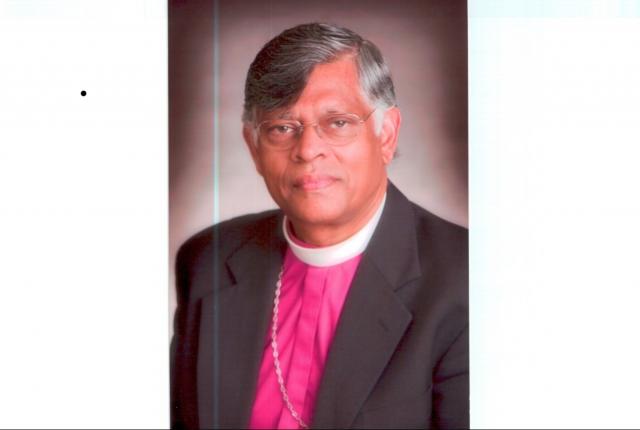These so-called ‘low cost houses’ will sell for R300 000 each….And Govender knows very well that the Temple was sacred ground. Everyone in the community knows that and when the funeral service was being held there for Bongo Dlamini Govender stood outside glaring at the people. He was on site when the Temple was being bulldozed.
Sunday Tribune – Herald Supplement
Developers say people were consulted
Mervyn Naidoo
MOTALA Heights shack dwellers near Pinetown are adamant they will not move and are prepared to die rather than be relocated.
The area they live in is being graded to build houses.
Residents, who say the neighbourhood reflects the Rainbow Nation, with various race groups living in harmony, are especially angry because a place of worship has been destroyed.
They accuse the eThekwini Municipality and the property developer of not respecting their constitutional rights and not consulting with them.
But the property developers say they have followed due process and worked with the municipality.
Tempers reached boiling point last week when graders were brought in to work on the land and bulldozed a 13-year-old Shembe worship site.
When residents saw the desecration, and questioned the driver of the grader, he referred them to local businessman Ricky Govender.
Shamitha Naidoo, chairwoman of Motala Heights A Branch, said this was not the first time a religious site had been disregarded.
“Last year there was a threat to destroy a Hindu temple in Mariannhill.
“(Deputy mayor) Logie Naidoo said there could be no demolition of religious buildings unless they were neglected. The temple was then saved from demolition. The Shembe Temple is sacred ground for the Shembe congregation and it must also be saved. No one has a right to just bulldoze another’s sacred place.”
Bheki Ngcobo, a local committee member of the Abahlali baseMjondolo Movement, a national organisation that looks after the plight of shack dwellers, said there had been no communication from the land owner or the municipality.
“If one looks at the constitution of this country, it is clear that there has to be some agreement and arrangements before people are relocated and religious sites interfered with.
Respect
“We have to wonder if we are citizens of this country or not. The municipality did not consult with us, but allows the rich to do as they please.
“Our rights as citizens are being violated. No respect has been shown for our place of worship. We are very disappointed.
“There are only two options left for us now. The first is to challenge the developer legally, but we don’t have millions so. We are prepared to die to prevent the development.
“We’ll make sure that no stone or cement comes into the area without proper consultation,” said Ngcobo.
“We were hoping that this land would be used for the building of low-cost houses, but it looks like it is going to be used for business,” Ngcobo said.
Govender says he doesn’t understand what all the fuss is about, because he is no longer the owner of the land. He had only been on site to find out what was happening.
Govender said he had sold the property to a Johannesburg developer, Mags Reddy.
“The allegations against me are false. I’ve recently sold the property to a developer at cost price, so the gap between low-cost and social houses can be closed. I made a deal with the developer when selling the property that he must build 160 low-cost houses,” Govender said.
“I was out of the country and as soon as I got back from Malawi I went straight to the site to see what was going on. I apologise if the place of worship was bulldozed.
“It didn’t resemble a church, there were just white stones on the ground. The guys may have made a mistake, but we don’t mind relocating the stones to a more appropriate place.
“The land in Motala Heights doesn’t belong to me, they are just targeting me for no reason.
Mags Reddy said lots 50 and 51 were privately owned and he intends building houses on them.
“I do property development around the country and we always follow all processes and protocols when it comes to property development. The land does not belong to the municipality,” said Reddy.
Couglan Pather, the municipality’s head of housing, was unavailable for comment at the time of going to press.
mervyn.naidoo@inl.co.za

